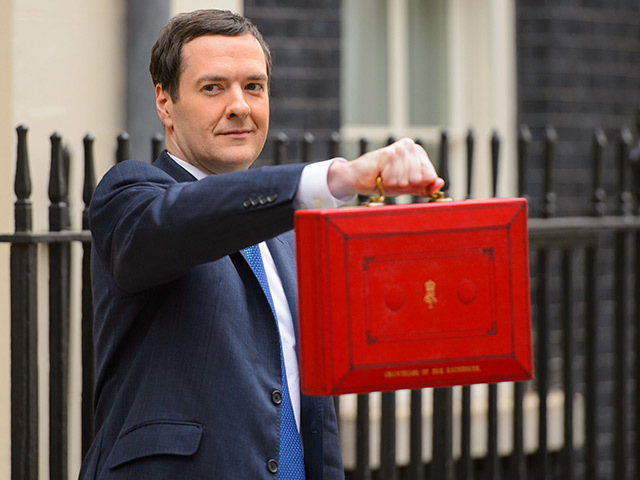
History will say whether Budget 2015 will be the end, or the continuation, of George Osborne’s drive to eliminate the UK’s deficit with a resultant reduction in national debt and a lessening of red tape.
Across the energy sector, all eyes were on the widely anticipated tax reductions and incentives. The history of UK oil and gas will judge whether Budget 2015 was “just enough” or an opportunity missed.
Last Wednesday’s announcements were partly expected and all welcome. The £1.3bn headline “tax giveaway” is all well and good. But this £1.3bn is arguably modest, and is the aggregate “tax reduction” over five years. More important than the headline, is the impact the measures will have on investment decisions.
Oil companies need to consider two things. First, they need to decide the level of confidence they have in medium term tax stability. Seven weeks before a General Election is an interesting time to be considering fiscal stability.
Opposition commitment not to tinker with the regime or to do future “cash grabs” would be welcome at this stage. Secondly, oil companies must decide whether the Budget changes create sufficient incentive to expand the development of existing fields and to trigger exploration activity which is at an all-time low.
A positive reaction to those questions should kickstart the all-important exploration activity which is so crucial to finding and maximising production of as much of the UK’s oil and gas reserves as possible.
The Government projection of boosting UK sector production by 15% by 2019 will only be realised by decisions this year on furthering development and increasing new exploration activities. So Government needs to continue its close dialogue with the industry, and industry needs to continue to play with a straight bat.
Trust is ever important.
The specific measures include a 62.5% investment allowance which directly incentivises the reinvestment of profits and the requested reduction in the supplementary tax rate from 30% to20%.
Although this reverses the rate increase he imposed earlier this Parliament, the move will be as welcome as it was necessary.
The reduction in Petroleum Revenue Tax (“PRT”) from 50% to 35% gives an effective 67.5% tax rate for PRT fields, serving to demonstrate that the sector continues to pay a high headline tax rate. Reducing the rate of PRT will not only support older fields but also be a boost for North Sea infrastructure.
This is critical to the long term future of the Basin, by extending the life span of these fields and delaying decommissioning.
The Government funding of seismic surveys is relatively “small beer”. But symbolically this is welcome given that seismic surveys are stage one in the process of discovery, exploration, development and production.
And the measure confirming the new Oil and Gas Authority’s (OGA) powers to scrutinise decommissioning programmes to ensure cost effectiveness ensures that we are reminded that the OGA, once staffed up, will have the ability to exert real influence for the overall benefit of the Government from whom the oilfield interests are licensed.
Ultimately the judges of Budget 2015 will be the oil companies. Their view on future political stability and economics of current field developments will drive the crucial investment decisions.
With Brent prices heading back down towards $50 this week, important judgements will need to be exercised, and will need to be effectively combined with disciplined sustainable cost-cutting measures of the sort which are on all the Boardroom agendas currently.
One thing is inescapable. If the measures do succeed as they should do in increasing production, and ultimately the tax generated from increased receipts, it will do wonders for Osborne’s macroeconomic promises of turning fiscal deficit into surplus, and resultant national debt reductions.
Martin Findlay is head of tax at KPMG in Aberdeen where he gives advice to energy sector clients across all aspects of UK and international taxation.
Recommended for you
